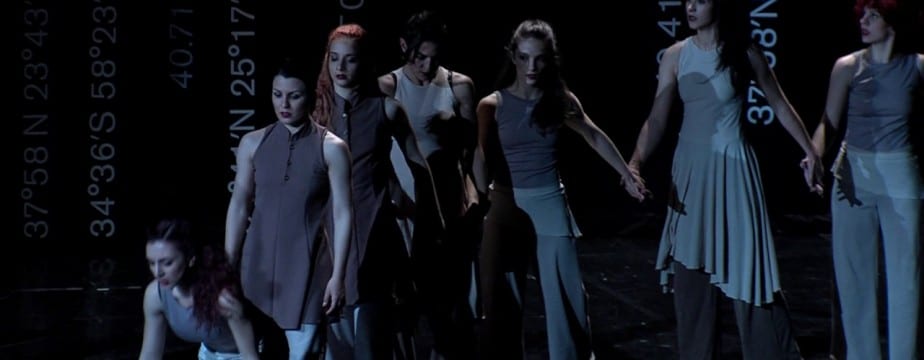By Victor Ramirez Landron de Guevara (pp. 20-31)
- A body always is, to a certain extent, undefinable.
- The body is transformed into an object that comes into being only when it becomes present in one’s own consciousness.
- The body is largely subordinated to the mind and it is precisely our minds that are “most essential to us as persons” (western “dualism”)
- The body is treated as an object of representation. The body as a medium of representation does not mean anything in itself, it only stands for a text, a sign, a symbol or an ideological construct of something else. (Csordas 1994:9)
- It is impossible to reduce the body to a single aspect.
- The mind is not detached from the body’s senses. The external reality, the body’s senses and the individual’s consciousness are perpetually and inexorably intertwined (phenomenology, Maurice Merleau-Ponty).
- The ecstatic (or fleshly) body is the sensorial and motor skills that mediate one’s existence in relation to the world.
- The recessive body encloses the inner anatomical and physiological constituents of the body (such as organs, bones, tissues, cells and blood), as well as the chemical and biological processes not dependent on one’s will or not present to one’s awareness.
- The recessive character of the body (its latency) can emerge at any time (…) by a process which Leder calls dys-appearance.
- The depth that characterizes this body only surfaces when the habitual conditions that surround it are disrupted and are “apart… from our ordinary mastery and health” (pain, discomfort).
- The opposition between what is considered “natural” and what us deemed a “learnt behavior” is particularly important in relation to performing training techniques. The idea of a “natural” body is also a cultural construct.
- The imagined body is the one that inhabits a performance act, usually associated with the creation of characters (Strasberg, Chekhov, Stanislavski).
- The body is not a finished process; the body is always in a process of becoming.
Pitches, J., and Popat, S. (ed.) (2011) Performance Perspectives: A Critical Introduction. New York: Palgrave Macmillan

